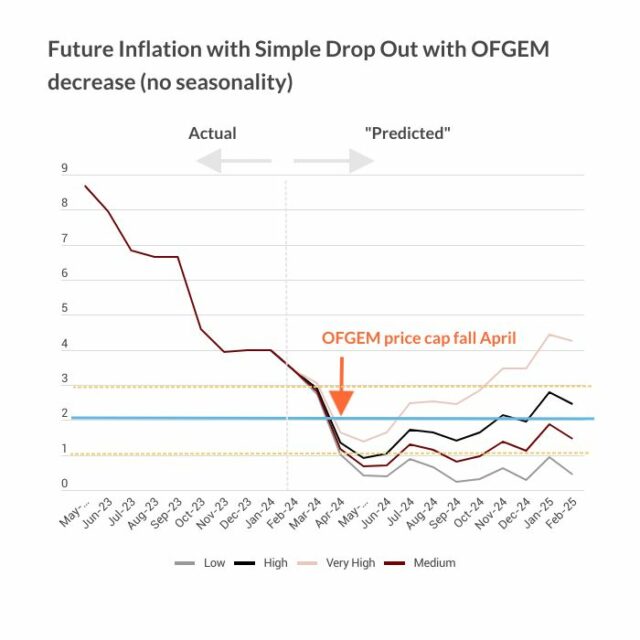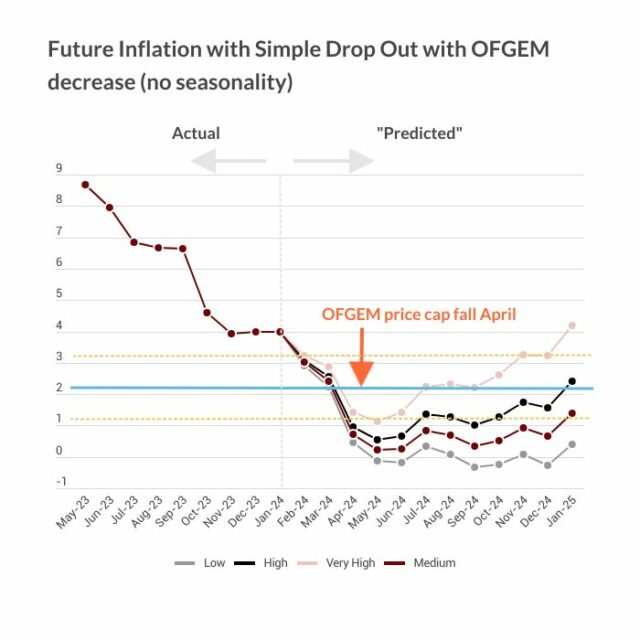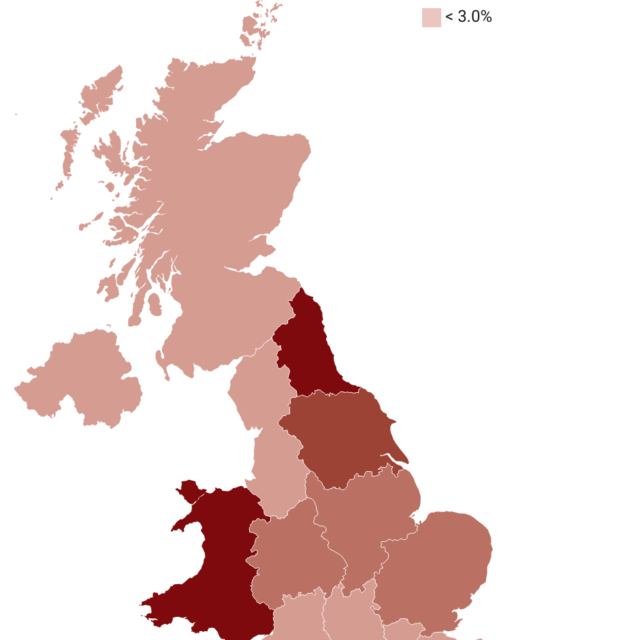The economic adjustment programmes of Greece: 2010-2018
The sovereign debt crisis meant Greece was the first euro area country to necessitate financial support which had to be agreed upon in a situation of emergency and tense political context.

Summary & aims
While the Greek crisis emerged as a fiscal one, Greece had deep structural weaknesses and all of these factors played an important role in explaining the difficulties and the failures of the first two programmes. The project was an ex-post evaluation of the three Greek adjustment programmes’ design, implementation and outcomes during the period 2010-18. The project was led by the Centre for European Policy Studies (CEPS).
Methodology
The evaluation consisted in looking at how the design and the implementation of the three programmes contributed to the attainment of the programmes’ objectives over the period 2010-2018. The analysis presented in this report payed special attention to the European Commission’s role and action. Yet, decisions and measures taken by IMF, EFSF, ESM, the ECB and the Eurogroup affected the design and achievement of the joint objectives are accounted for in the evaluation. Against this background, the evaluation of the Greek adjustment programmes is centred on the five criteria of the Better Regulation framework: relevance, effectiveness, efficiency, coherence and EU value added.
The evaluation began in January 2021 and was completed in August 2021 when the final report was approved.






















